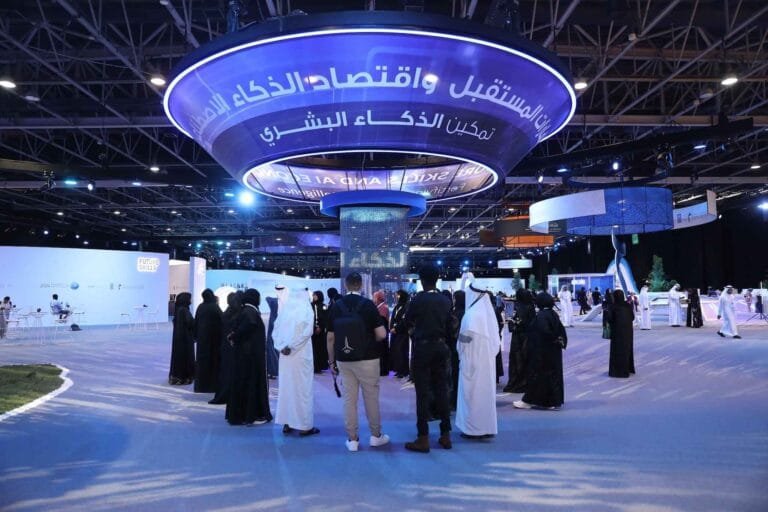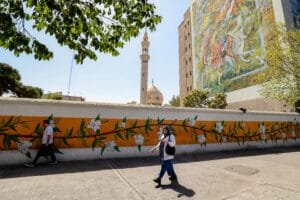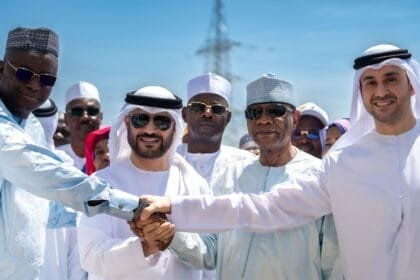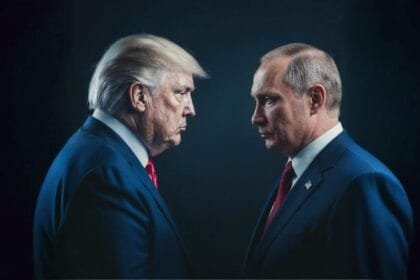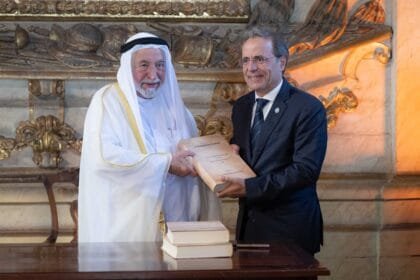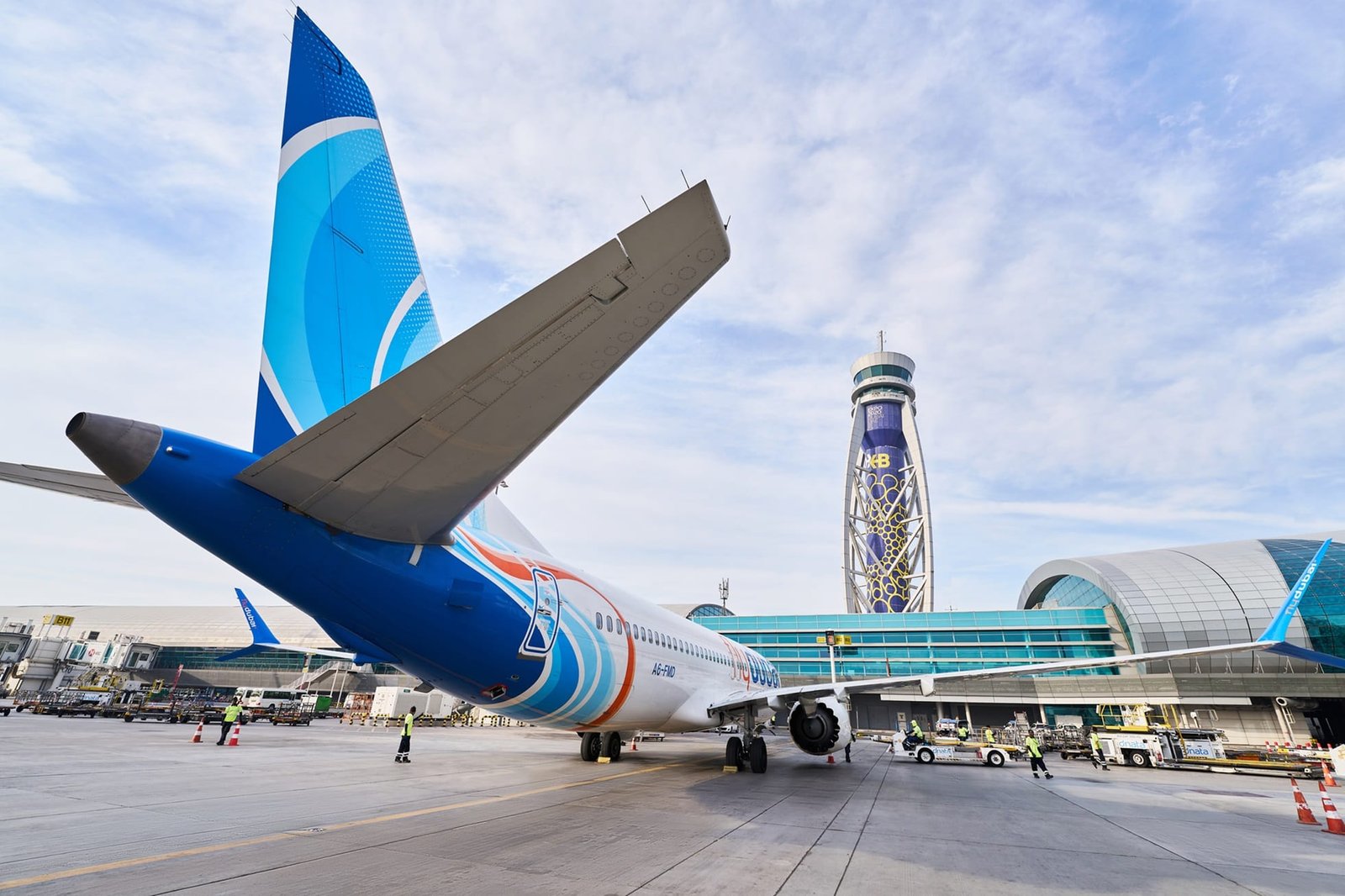Dubai, United Arab Emirates – In light of the rapid and unprecedented changes facing the world today, the Knowledge Project – the pioneering joint initiative between the Mohammed bin Rashid Al Maktoum Knowledge Foundation and the United Nations Development Programme – is gaining increasing importance on the regional and global scene.
- Knowledge Summit: A leading global knowledge platform
- Global Knowledge Index: a leading measure of international development
- Future Skills Academy: Bridging the digital divide and empowering future generations
- Knowledge Dialogues: A Forum for Global Experiences
- Knowledge Week and Journey: For Sustainable National Development
Given the pioneering expertise and knowledge initiatives it provides, it plays a pivotal role in identifying the strengths and weaknesses of knowledge systems worldwide.
Then support policy formulation processes and direct efforts towards developing strategies and plans that contribute to building knowledge societies and their economies.
Knowledge Summit: A leading global knowledge platform
The Knowledge Project has provided the global knowledge landscape with many distinguished initiatives, most notably the “Knowledge Summit”.
Which has achieved great success over the years.
Nine editions of them organized more than 1,000 discussion sessions and dialogues in various fields of knowledge and anticipating the future.
It also received more than 900 speakers from the world’s most prominent intellectual and scientific elites, decision-makers and academics, recording an attendance exceeding 1.2 million visitors.
In addition to a volume of access and views exceeding 203 million on the official website and social media.
She also produced 71 podcasts that were widely circulated in intellectual and scientific circles.
This year, the tenth edition of the summit will be held under the slogan “Knowledge Markets, Developing Sustainable Societies” on November 19 and 20, 2025.
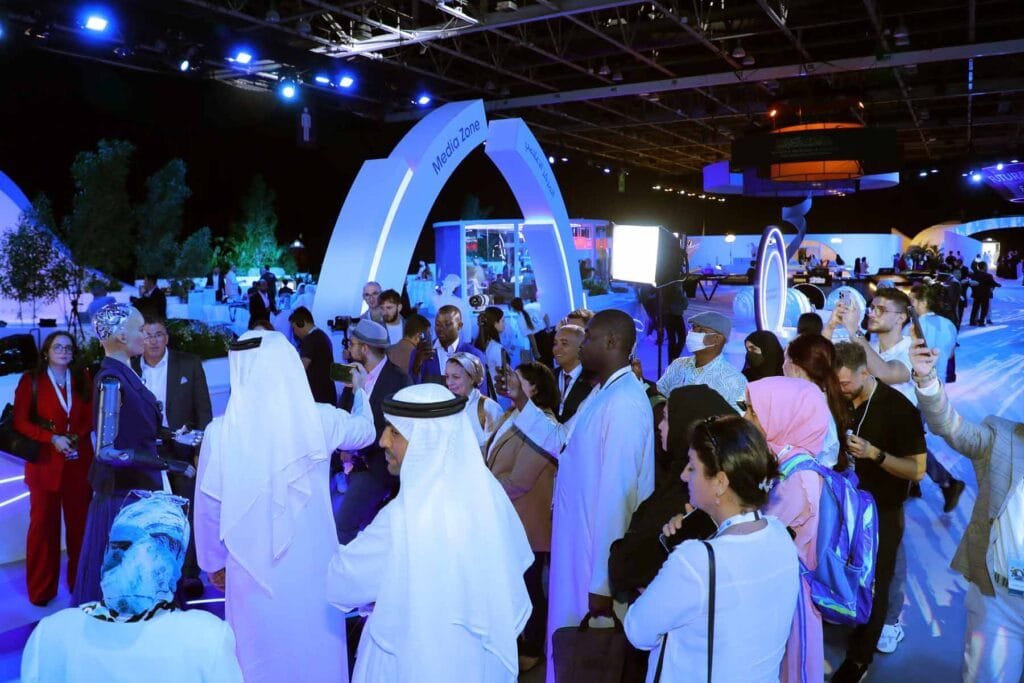
Global Knowledge Index: a leading measure of international development
Within the project, the Global Knowledge Index also stands out as a leading tool that supports policymakers and researchers in understanding the challenges and opportunities related to knowledge economies and societies worldwide. To date, the project has launched eight versions of the index, which includes seven composite sectoral indicators, including: pre-university education, technical education and vocational training, higher education, research, development and innovation, information and communications technology, economy, and enabling environment. The 2024 edition included results from 141 countries around the world representing different geographical regions and levels of development, which made it possible to provide a clearer vision of the gaps and challenges facing countries in their journey towards building an integrated knowledge economy.
This year, 2025, the index, which will be launched as part of the Knowledge Summit, will witness a development in methodology to reflect the changing dynamics of global development, in an ongoing effort to maintain its adaptability to changing global trends.
Future Skills Academy: Bridging the digital divide and empowering future generations
As part of the project’s objectives to enhance future skills among citizens of the Arab region, the “Future Skills for All” initiative was launched in cooperation with the Coursera educational platform, to provide free educational programs aimed at building and enhancing the skills necessary for the future among residents of the Arab region. Within one year, approximately 10,000 learners from the region and beyond benefited from it, through more than 114,000 learning hours and 15,000 diverse educational programs.
As a result of this great success, the initiative has expanded to become the “Future Skills Academy,” targeting one million learners annually, reaching 10 million by 2030. This is part of its efforts to bridge the digital and skills gaps in the Arab region, in addition to preparing future generations for future jobs in light of global developments driven by the rapid and massive change in technology.
From its launch in March until October this year, the academy’s learners achieved remarkable achievements that included about 490,000 videos viewed, 313,000 completed readings, and more than 261,000 completed evaluations, equivalent to thousands of hours devoted to developing their skills.
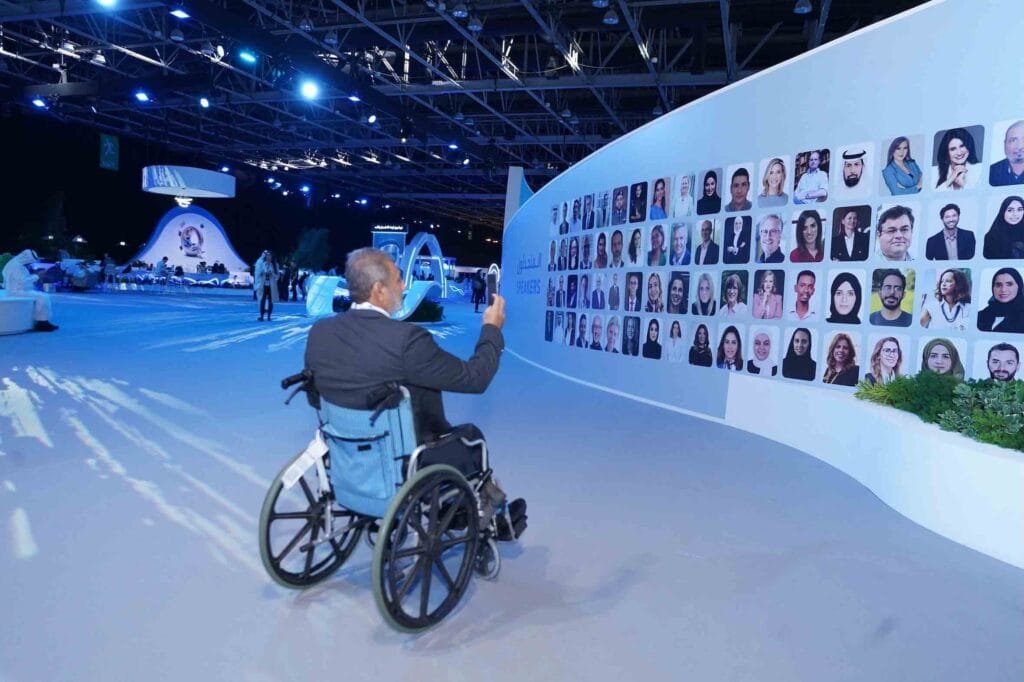
Knowledge Dialogues: A Forum for Global Experiences
Knowledge Dialogues is also a valuable event in the Knowledge Project, as it is a series of seminars that represent an extension of the Knowledge Summit events, and hosts experts and specialists in the fields of knowledge from all over the world, to discuss global trends and knowledge and development challenges, and to highlight untapped opportunities and useful experiences.
In the context of digital platforms, the Knowledge for All platform was launched in 2015, and its smartphone application in 2016, to be a comprehensive platform for the various knowledge tools of the Knowledge Project, with the aim of facilitating the access of information to decision-makers and academics, and providing a platform for specialists to publish their scientific research. Work is currently underway to update it to keep pace with global and technological changes.
Knowledge Week and Journey: For Sustainable National Development
As part of expanding the scope of regional partnerships, the project launched the Knowledge Weeks initiative, which began with the “Knowledge Journey” that initially set off for Kuwait, to enhance cooperation between Arab institutions. The trip included three stops: in October 2024, February 2025, and finally June 2025. A large number of Arab youth participated in the trip, and a wide range of rich events and discussions were presented to them, creating a model for Arab integration in providing Arab youth with the leadership skills necessary to keep pace with future requirements and promote sustainable development in the public and private sectors. And come up with recommendations for decision makers, to serve as a strategic platform that contributes to shaping the features of the future of knowledge.




